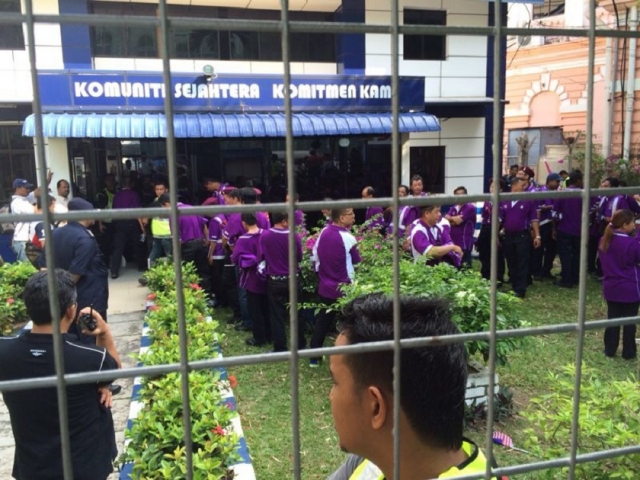had also written that the Bantuan Rakyat 1Malaysia (BR1M) cash handout would continue as it was part of Putrajaya’s subsidy rationalisation programme which was aimed at having a targeted subsidy programme.
The Malaysian Insider will be carrying the salient points in Najib’s budget speech. Follow the live updates here:
* Najib begins his budget speech at 4pm in the Dewan Rakyat.
* Najib announces the theme for this year’s budget as “Budget 2015: The People’s Economy”.
* The allocation for Budget 2015 is RM273.9 billion, an increase of RM9.8 billion from the last budget.
* Government aims to lower fiscal deficit to 3.0% in 2015 from an expected 3.5% this year
* Operating expenditure RM223.4 billion, development expenditure RM50.5 billion.
* Payments to civil servants of RM65.6 billion is largest operating expenditure item.
 *Federal government revenue collection estimated at RM235.2 billion in 2015, an increase of RM10.2 billion from 2014.
*Federal government revenue collection estimated at RM235.2 billion in 2015, an increase of RM10.2 billion from 2014.
* From an economic perspective, when we achieved independence 57 years ago, we developed the country based on agriculture before progressing to a modern industrialised economy. Next, we moved into the upper-middle income phase. We are now moving towards a services-based economy.
* In brief, the objectives, principles and thrusts of the three Outline Perspective Plans, 10th Malaysia Plan, New Economic Policy, National Development Policy, National Vision Policy and since 2010, the National Transformation Policy, have all focused on poverty eradication, increasing income and restructuring of society. This is with the aim to achieve socio-economic goals; diversify the commodity-based economy; human capital development; enhancing competitiveness of the public and private sectors; higher value chain; inclusive development; as well as transformation of the government, economy, social and politics.
* Clearly, our former leaders in their wisdom have carried out responsibilities to develop Malaysia in their own mould. The struggle started with Tunku Abdul Rahman, followed by Tun Abdul Razak who had implemented development and restructured society, to Tun Hussein Onn who maintained peace and unity. Tun Dr Mahathir Mohamad modernised the country while Tun Abdullah Ahmad Badawi emphasised human capital development.
* Further, the present Government is committed to driving growth with a broader approach to place Malaysia on a strong foundation.
* This is my sixth budget since I assumed leadership of the administration, and the country’s 56th budget. The 2015 Budget completes the 10th Malaysia Plan.
* Further, in May 2015, the 11th Malaysia Plan (11MP) will be launched. At the same time, a new approach known as the Malaysian National Development Strategy (MyNDS) is being formulated.
* MyNDS will be a key basis to planning and preparation of programmes and projects under 11MP. The emphasis is on using limited resources optimally, with focus on high-impact projects and programmes at low cost as well as efficient and rapid implementation. This means Budget 2016 will be the trigger to the final five years of Malaysia’s progress to a high-income advanced economy by 2020.
* Many countries such as Korea, Germany, Japan, Taiwan and China began their economic progress based on agriculture and have since moved to an economy that emphasises high level of knowledge, skills, innovation and expertise.
* To remain resilient and competitive, Malaysia must move to an economy based on knowledge, high skills, expertise, creativity and innovation.
* Indeed, from the economic perspective, a rapidly developing country typically generates wealth through capital economy activities. However, the rakyat voice their grievances and complaints through blogs, letters, meetings, interviews and dialogues over the millions spent, billions allocated and various mega projects questioning the benefits to the people.
* In 2015, with the implementation of the Goods and Services Tax (GST) government revenue is estimated at RM23.2 billion. However, as a caring government, we have exempted several goods from GST amounting to RM3.8 billion.
* With the implementation of GST, the Sales and Services Tax (SST), will be abolished resulting in revenue foregone of RM13.8 billion. This means that after deducting RM13.8 billion and RM3.8 billion from a revenue of RM23.2 billion, the Government will have a balance of RM5.6 billion.
* Of the total, RM4.9 billion is channelled back to the people through assistance programmes such as the increase in Bantuan Rakyat 1Malaysia (BR1M). Finally, net revenue collection from GST will only amount to RM690 million.
* Goods and Services Tax (GST) : RON95 petrol, diesel and liquefied petroleum gas (LPG) exempted from GST.
* Revenue from GST in 2015 estimated at RM23.2 billion.
* Exemption of GST on several goods amounting to RM3.8 billion.
* Abolishment of SST will see RM13.8 billion in revenue forgone.
* Net revenue collection from GST will only amount to RM690 million.
* Establish another 20 KR1M in Peninsular Malaysia.
* Set up price watch team comprising consumer associations.
* Strengthen GST Enforcement Unit with 2,270 personnel, Price Monitoring Unit with 1,300 personnel and Consumer Squads with 202,800 volunteers as well as involve 579 mukim and village heads.
* Electricity consumption not subject to GST increased from the first 200 units to 300 units, move to benefit 70% of households.
* Income Tax: Income tax rates to be cut by one to three percentage points. Families with monthly income of less than RM4,000 will not have to pay tax
* From 2016, the corporate tax rate will be reduced by one percentage point from 25% to 24%, and for small and medium sized enterprises to 19% from 20%.
* Infrastructure: LRT3 linking Bandar Utama, Shah Alam and Klang: RM9 billion
* 45-km second MRT line from Selayang to Putrajaya: RM23 bilion The subsidies rationalisation will continue, Najib said today. – The Malaysian Insider graphics by Heza Kamaruddin, October 10, 2014.
The subsidies rationalisation will continue, Najib said today. – The Malaysian Insider graphics by Heza Kamaruddin, October 10, 2014.
* Upgrade of East Cost railway: RM150 million
* 36-km East Klang Valley Expressway (EKVE): RM1.6 billion
* 47-km Damansara-Shah Alam Elevated Expressway: RM4.2 billion
* Subsidies: Government plans to reduce the overall bill for subsidies and cash assistance by 7% to RM37.7 billion in 2015 from RM40.6 billion in 2014.
* Govenment will reform the petroleum subsidy regime soon, to adopt a system that benefits the lower income group.
* Highspeed Broadband: Total of RM2.7 billion will be spent over the next three years to build 1,000 new telecommunications towers and laying of undersea cables.
* Property: Budget extends 50% stamp duty exemption for first time home buyers and increases the purchase limit from RM400,000 to RM500,000. The exemption will be given until the end of 2016.
* A 10% loan guarantee to enable borrowers to obtain full financing including cost of insurance. Borrowers can also withdraw from EPF Account 2 to top up their monthly installment and other related costs.
* This guarantee is offered on a “first come, first served basis’ for 20,000 units only.
* Ceiling of household income for PR1MA homes increased to RM10,000, RM1.3 billion to be allocated to build 80,000 units PR1MA homes.
* Education: RM325 million to be allocated for the 1Malaysia Book Voucher Programme, benefitting about 1.3 million students.
* RM100 schooling assistance to all 5.4 million primary and secondary students to continue.
* A total of RM1.2 billion will be allocated to increase student intake in vocational colleges and community colleges as well as upgrading colleges.
* RM1.05 billion allocated to develop and maintain education facilities, and for school upgrade programmes.
* RM3 billion allocated for education sponsorship via the Public Service Dept (JPA) , Education Ministry and Health Ministry.
* RM30 millon fund set up for training and technical assistance of youth from low income Indian families.
* Health: Tax relief for medical expenses and treatment for serious illnesses such as cancer, kidney failure and heart attack increased to RM6,000 per year.
* 30 more 1Malaysia clinics and a health clinic in Cyberjaya will be built. The Government will station 30 doctors in these clinics.
* Sports: An allocation of RM103 million to implement a Sporting Nation Blueprint.
* Identify sports talent starting from primary school through Malaysian Talent Identification programme. The programme involves testing, screening and talent specialisation among students.
* Improve the quality of high-performance sports for six selected fields in the first phase – Football, Cycling, Badminton, Sepak Takraw, Swimming and Athletics.
* Public transportation: Provide intercity bus services to those residing outside Kuala Lumpur (KL) but work in KL. The service will be offered with a discounted monthly fare of 30%. For a start, three bus routes will be operational namely the Rawang-KL, Klang-KL and Seremban-KL.
* Provide Electric Train Service (ETS) for Ipoh-Butterworth route starting April 2015.
* Upgrade stage bus services in several states through a contracting system with existing bus companies. The programme will be implemented in phases in Kuching, Ipoh, Seremban, Kuala Terengganu and Kangar.
* Tourism: RM316 million set aside for various programmes under Tourism and Culture Ministry.
* Entrepreneurship: In 2015, TEKUN to provide additional funds of RM500 million, of which RM350 million allocated for Bumiputera entrepreneurs, Young Indian Entrepreneurs Financing Scheme (RM50 million), Young Professional Women Entrepreneurs Development Programme (RM50 million), and Armed Forces Veteran Entrepreneur Development Programme (RM50 million).
* Soft loans totalling RM50 million for SME entrepreneurs from Chinese community, and RM30 million for hawkers and petty traders.
* To attract more expatriate entrepreneurs establish startups in Malaysia, the paid-up capital for startups is set at RM75,000.
* Eligible expatriate startup entrepreneurs will be given work pass for one year.
* Additional allocation of RM30 million to entrepreneurs under programme Skim Usahawan Permulaan Bumiputera (Superb), with participation to be enlarged to include East Malaysian entrepreneurs.
* RM30 million to be allocated through Amanah Ikhtiar Malaysia, to inculcate the spirit of entrepreneurship among Indian women.
* BR1M for those earning RM3,000 and below will be increased to RM950 from RM650.
* For those earning RM3,000 to RM4,000, BR1M increased to RM750 (from RM450).
* For the above two categories, payment will be made in three instalments – January, May and September.
* For those aged 21 and above, with income not exceeeding RM2,000, BR1M increased to RM350 (from RM300) in one-off payment early next year.
* Civil service: Half-month bonus to all civil servants with a minimum payment of RM500 to be paid in January 2015.
* Pensioners to receive special financial assistance of RM250.
* Women now represent only 38% of the total workforce in the country. To enhance the contribution of women in national development, women’s opportunities to return to the workplace via 1Malaysia Support for Housewife.
* The government will help also professional women return to the workplace via Program Women Career Comeback.
* Women, Family and Community Development Ministry will get RM2.26 billion to enhance contribution of women.
* Student loans: For students with an outstanding amount in their PTPTN loans, a 20% discount will be given if they make a total repayment of their loan, on or before March 31, 2015.
* NGOs: A one-off grant of RM50 million to creditable NGOs, including uniformed bodies that are involved in community development programmes, unity, social welfare, consumerism, health and security.
* National security: RM17.7 billion allocated to Angkatan Tentera Malaysia, RM9.1 bil to the PDRM, and RM804 mil to Maritime Enforcement Agency Malaysia to strengthen maritime enforcement.
* RM660 million allocated for Eastern Sabah Security Zone for increased security.
* A sum of RM117 million will be allocated to strengthen the role of RELA under the Ministry of Home Affairs for training and capacity building. – October 10, 2014.



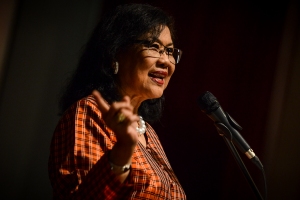
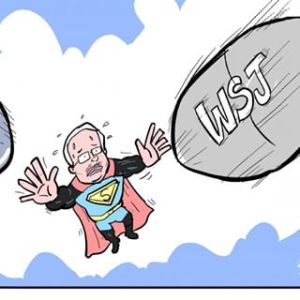
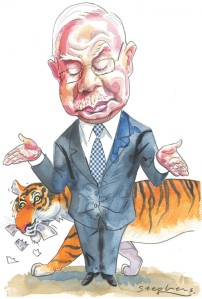
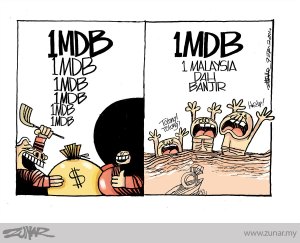
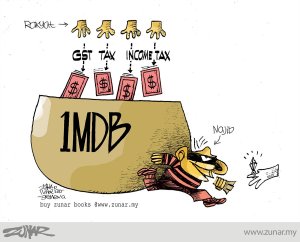
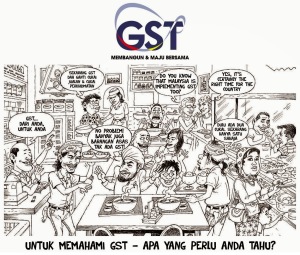
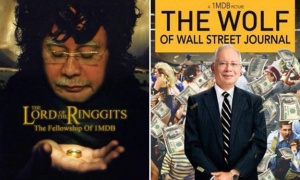
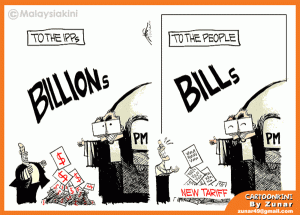
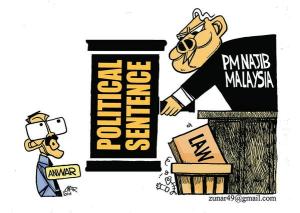
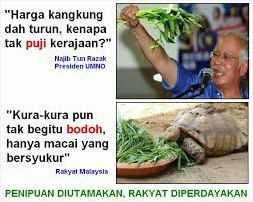
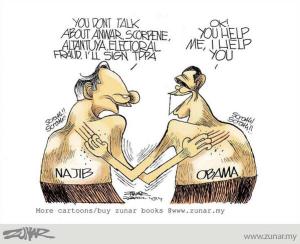
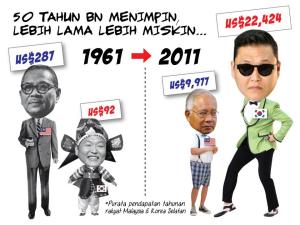
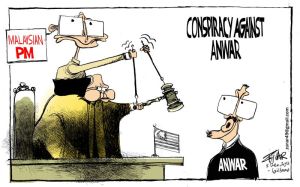
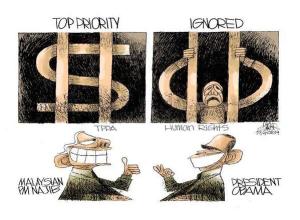
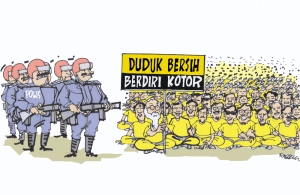


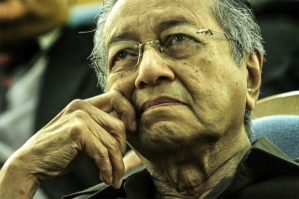
 ‘
‘ ‘
‘ ‘
‘ ‘
‘ ‘
‘ ‘
‘ ‘
‘ ‘
‘ ‘
‘




